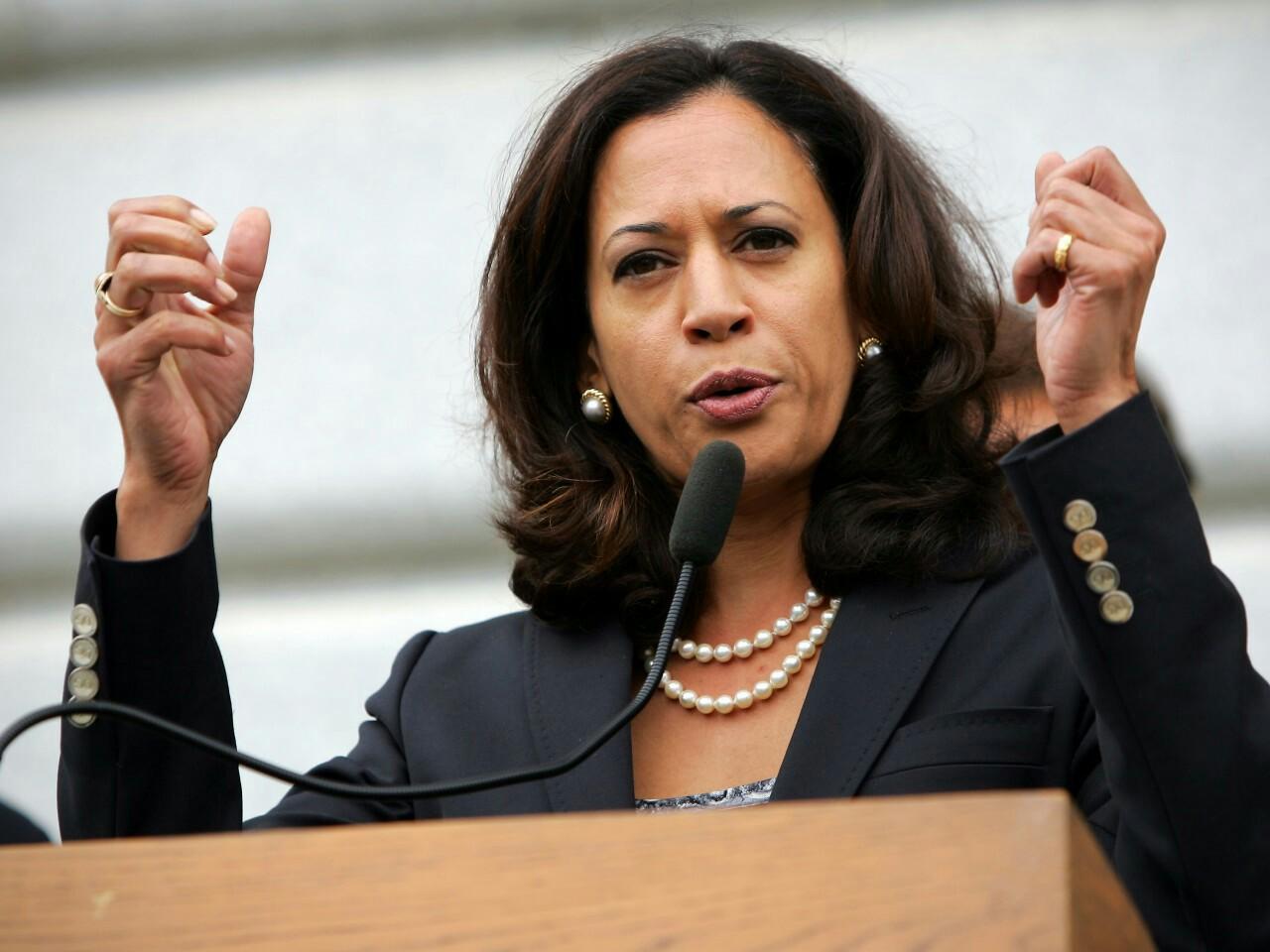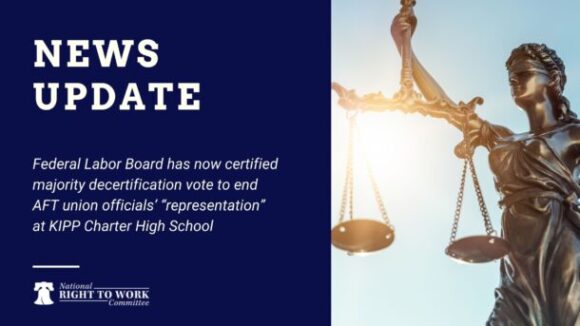Will Team Biden Weaponize Workers’ Pensions?
Big Labor abuse of worker pension and benefit funds as a means of advancing union bosses’ self-aggrandizing policy objectives is a familiar phenomenon.
Along with a California Teachers Association (CTA/NEA) union lawyer and U.S. Solicitor General Donald Verrilli, California Solicitor General Edward DuMont will be arguing for the respondents in Friedrichs v. CTA on January 11, when the High Court hears oral arguments in the case.
Friedrichs challenges state laws authorizing union bosses to get teachers and other public employees fired for refusal to join a union or bankroll its bargaining activities. Up to now, federal courts have acknowledged forced union dues and fees in the public sector infringe on independent-minded employees’ First Amendment rights, but found they are nevertheless constitutionally permissible inasmuch as they help maintain “labor peace” in government workplaces.
DuMont’s latest legal argument so far was submitted to the High Court in early November on behalf of California Attorney General Kamala Harris. It was extraordinarily blunt about the fact that union monopoly bargaining, in the private and public sectors alike, routinely harms substantial numbers of employees economically.
While contending that public-sector union forced unionism “furthers important state interests,” the California attorney general’s brief admitted that union officials “do have substantial latitude to advance bargaining positions that . . . run counter to the economic interests of some employees.” (See the link below to read DuMont’s entire filing.)
Indeed, top bosses of the National Education Association teacher union, the parent union of the CTA respondents in Friedrichs, do not even try to conceal the fact that they do everything in their power to block higher compensation for certain teachers in cases where school officials would likely offer it if they had a free hand.
For example, the official NEA Handbook, in one passage quoted by the teacher plaintiffs in Friedrichs in a High Court brief, explicitly states that the union officialdom “opposes providing additional compensation to attract and/or retain education employees in hard-to-recruit positions.” The plaintiffs also quoted this union-boss admonition from the same source:
[The NEA hierarchy] further believes that performance pay schedules, such as merit pay or any other system of compensation based on an evaluation of an education employee’s performance, are inappropriate.
Effectively, Harris and DuMont told the Supreme Court that it’s okay for teachers (and other public employees) whom Big Labor harms by exercising its monopoly-bargaining privileges to be forced to pay union fees, or be fired, as long as the employees are harmed in what Harris and DuMont regard to be a “reasoned” manner!
This is the position that the CTA union lawyer and the U.S. solicitor general, as well as DuMont, will have to defend before the nine Supreme Court justices next month.
Of course, Big Labor California politicians and teacher union officials are not unaware of the simple fact that what they are really defending in the Friedrichs case is their prerogative to force educators who are economically harmed by union bosses’ bargaining activities to bankroll those activities as a condition of employment.
Why, then, won’t union lawyers who have weighed in on Friedrichs as well as union officials themselves even describe accurately how monopoly bargaining works in practice in communications directed at the public at large? The obvious answer is that, if Big Labor made a habit of admitting the truth as its allies Kamala Harris and Edward DuMont did in their brief to the Supreme Court last month, mounting a public defense of the appropriateness of compulsory union dues and fees would be impossible.


Big Labor abuse of worker pension and benefit funds as a means of advancing union bosses’ self-aggrandizing policy objectives is a familiar phenomenon.

What impact does handing a union monopoly power to deal with your employer on matters concerning your pay, benefits, and work rules have on your pay?

Federal Labor Board has now certified majority decertification vote to end AFT union officials’ “representation” at KIPP Charter High School